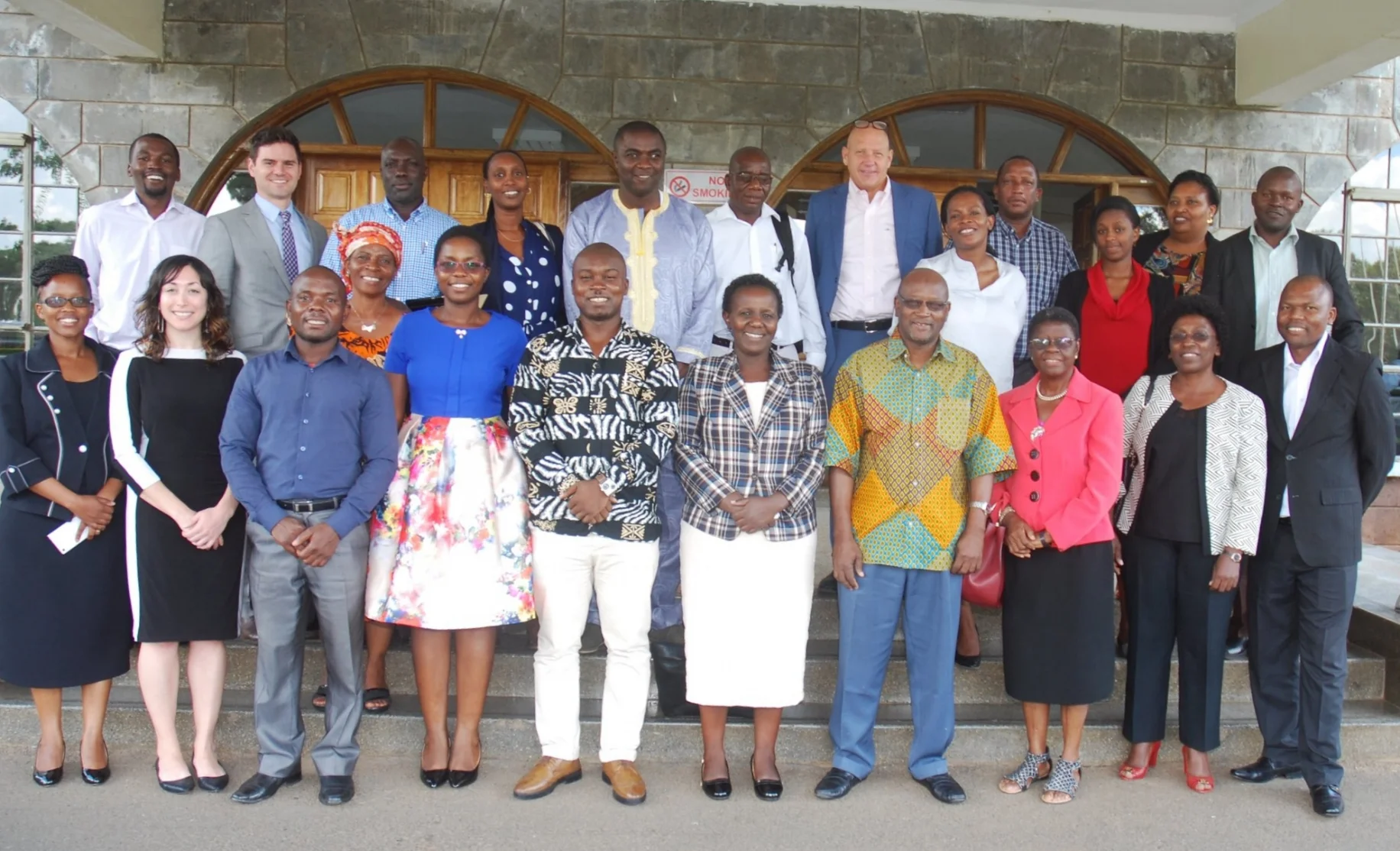CALL FOR YOUR STORIES AND EXPERIENCES
COVID-19 has disrupted life as we know it. Across the world, lockdowns and stay-at-home orders have brought an already fragile early childhood development sector to a near standstill with serious consequences for children’s learning and development. While the challenges of this unprecedented time can feel overwhelming, we have heard of those who have leaned into the challenges, African changemakers who are determined through their ECD work to build back better. Storytelling can be a powerful tool to bring hope and build resilience. By finding and telling these stories, we will shine a light on inspiring practices across our continent, that inspire, can accelerate action and strengthen the early African early childhood sector.
In this series of hope and resilience, we shine a light on ECD practices, solutions and stories from across our continent. Our interest is in the narratives of individuals, organizations and even government agencies. Anybody who, in the true spirit of Africa, where every child is my child, have stepped up to pay attention, to safeguard young children’s early development and forge pathways for improved services, in response to the challenging circumstances of the pandemic. It is anticipated that the stories shared through this platform will inspire others to act and share their own inspirational actions to build back better, more effective ways of ensuring every African child receives the nurturing care they deserve.
For much of 2020, the COVID-19 numbers have dominated our fast and forever-changing lives. Around the world, the count of those infected and those who have passed away just keeps rising while the negative impact of lockdowns and stay-in-place orders has sent economies tumbling. World Bank predictions are that this coronavirus induced recession will lead to a global per capita Gross Domestic product (GDP) decline of 6.2%. Hardest hit will be emerging markets and developing countries. Alarming estimates are that in Sub-Saharan Africa almost 49 million people will be pushed into extreme poverty, threatening to reverse global gains for the first time since 1998.
Even before the onset of COVID-19, millions of young children on the African continent did not have access to early childhood services and were at risk of not realizing their potential. While current evidence seems to suggest that the COVID-19 health risks to children are far less than for adults and older people secondary socio-economic consequences do present significant challenges that unaddressed can impede or adversely affect child outcomes in the immediate and long-term. Lockdowns and stay-at-home orders impact on employment, earnings, food security and access to basic services and so exacerbate already endured hardships for children and families, especially in fragile and poverty affected communities.
The economic fallout, growing unemployment, increased stresses and hardships induced by the pandemic, have placed parents, ECD practitioners and teachers under significant stress. Many might not have the resources or capacity to provide the seamless responsive caregiving, stability and support their young children depend on. Across the continent, there is diligent work going on to build on existing promising interventions, innovate to cover gaps and create solutions not just to cover the cracks but to create momentum for bouncing forward into a better future for young children.
We want to hear from you! What are you, your organization or your government doing to lean into this crisis and ensure not only do we meet children’s development needs right now, but also use the opportunity to strengthen our services and systems so we are more resilient and ready to bounce into the future.
Send your stories to info@afecn.org
Stories will be published once every 2 weeks beginning 1st July 2020.






